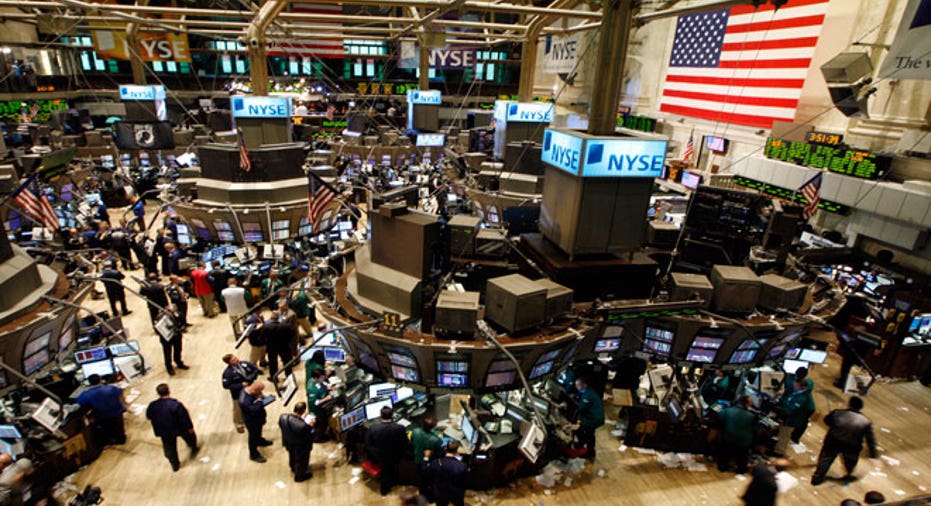U.S. Futures, Global Stocks Lower Ahead of U.S. Rate Decision

As of 7:00 a.m. ET, Dow Jones Industrial Average futures were 67 points lower, or 0.40% to 16140. S&P 500 futures fell 9points, or 0.46% to 1930, while Nasdaq 100 futures declined 26 points, or 0.61% to 4258.
(The following is the original story reported by Dow Jones Newswires)
Global stocks edged lower Friday, in what continues to be a rocky period for markets ahead of a closely watched U.S. interest-rate decision next week.
U.S. stock futures pointed to 0.5% opening losses for the Dow Jones Industrial Average and the S&P 500. Changes in futures aren't necessarily reflected in market moves following the opening bell.
The pan-European Stoxx 600 was 0.8% lower. Asian bourses were mixed, with Chinese stocks ending the day slightly higher and Japanese shares falling marginally.
Uncertainty over the timing of the first increase in U.S. interest rates in almost 10 years and China's weakening growth outlook have been the main drivers of significant volatility in financial markets in recent weeks.
The U.S. Federal Reserve's policy-making committee will hold a two-day meeting starting on Sept. 16, but recent comments by Fed officials haven't made it clear whether an increase in rates will be announced. Some investors have been sitting on the sidelines ahead of the decision.
"Many are tired of the first hike hanging over the markets. Let's just get it over with," said Marc Chandler, global head of currency strategy at Brown Brothers Harriman & Co.
In Asia, China's Shanghai Composite Index closed up 0.1% Friday, but is still down 38% since June.
Hong Kong's Hang Seng Index ended 0.3% lower and the Nikkei 225 Index in Japan dropped 0.2%. After falling into negative territory for the year earlier in the week, the Nikkei jumped almost 8% Wednesday, its largest one-day gain in percentage terms since 2008.
In Europe, Germany's DAX fell 0.9%, France's CAC 40 was down 0.8% and the FTSE 100 dropped 0.4%.
Equity funds, seen by investors as a risky bet, suffered large outflows of about $19 billion in the week to Sept. 9, according to Bank of America Merrill Lynch.
Many economists now don't expect the Fed to raise interest rates at its meeting next week following the recent volatility in financial markets. There is still uncertainty, though, as central bank officials have left the door open to such a move.
"The possibility that the Fed will raise rates is too close to call," said Michael Temple, director of U.S. credit research at Pioneer Investments, which oversees $244 billion in assets.
He said the central bank appears to be "very cognizant" of the potential for financial market instability, which could follow an interest rate rise. "They are clearly focused on the recent destabilizing moves by China to shift their currency regime and manage their stock market's weakness," he said.
Emerging market currencies, including the Turkish lira and the South African rand, have been battered as China growth fears have swelled, and continued to fall against the dollar Friday.
The U.S. dollar gained 0.4% against the Russian ruble ahead of a meeting of the Bank of Russia later Friday.
The euro was mostly unchanged against the dollar, trading around $1.1298.
Brent crude oil was down 1.4% at $48.19 a barrel, while gold was largely flat at $1108.60 an ounce.
Write to Chiara Albanese at chiara.albanese@wsj.com



















